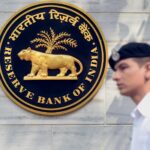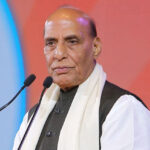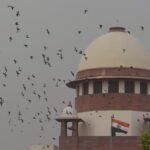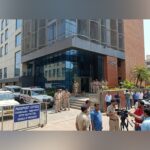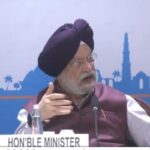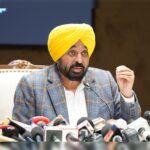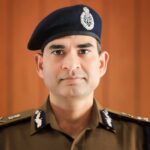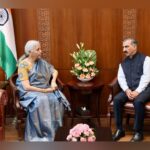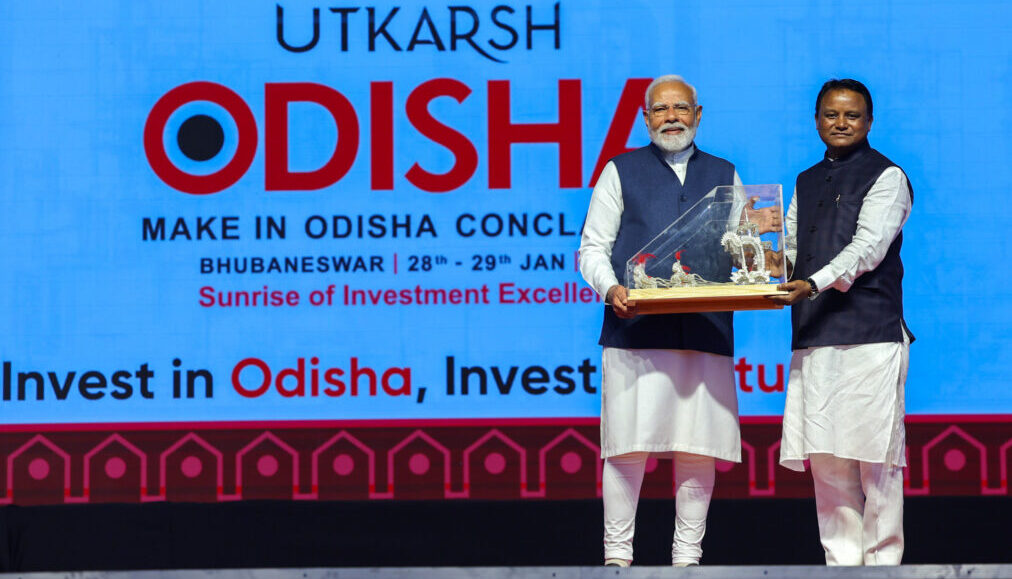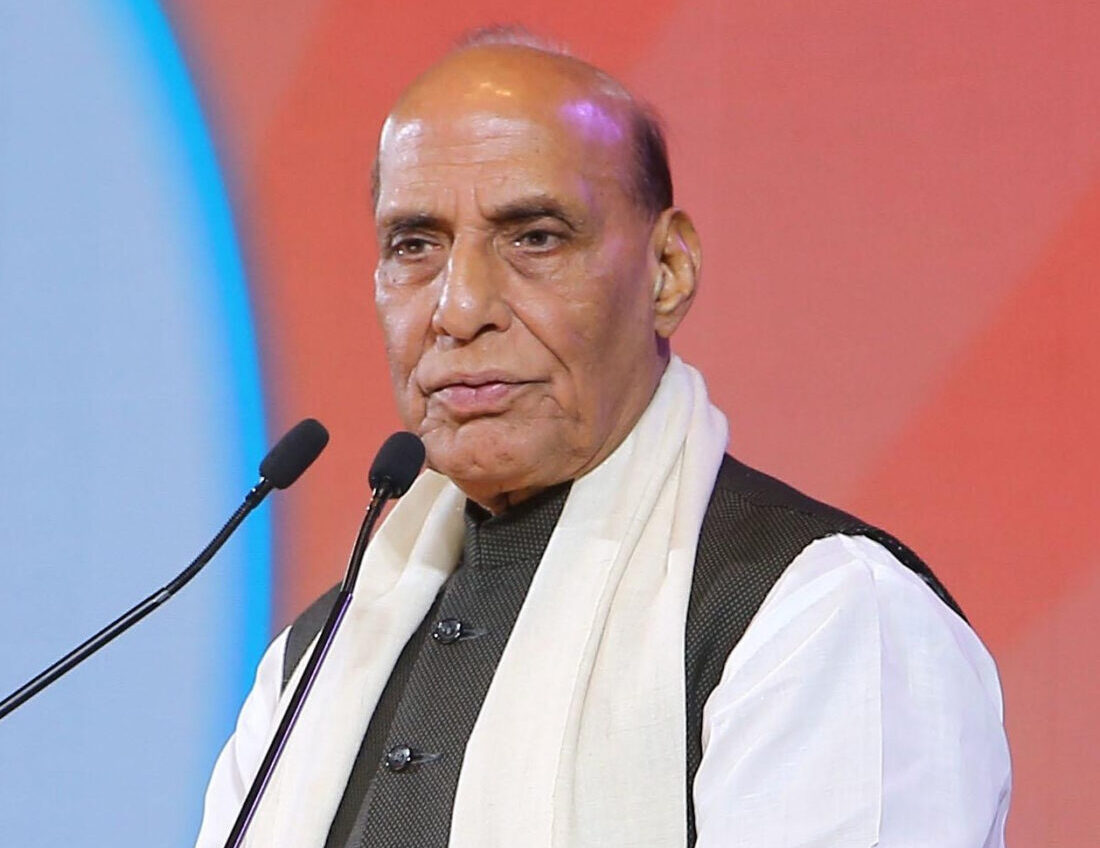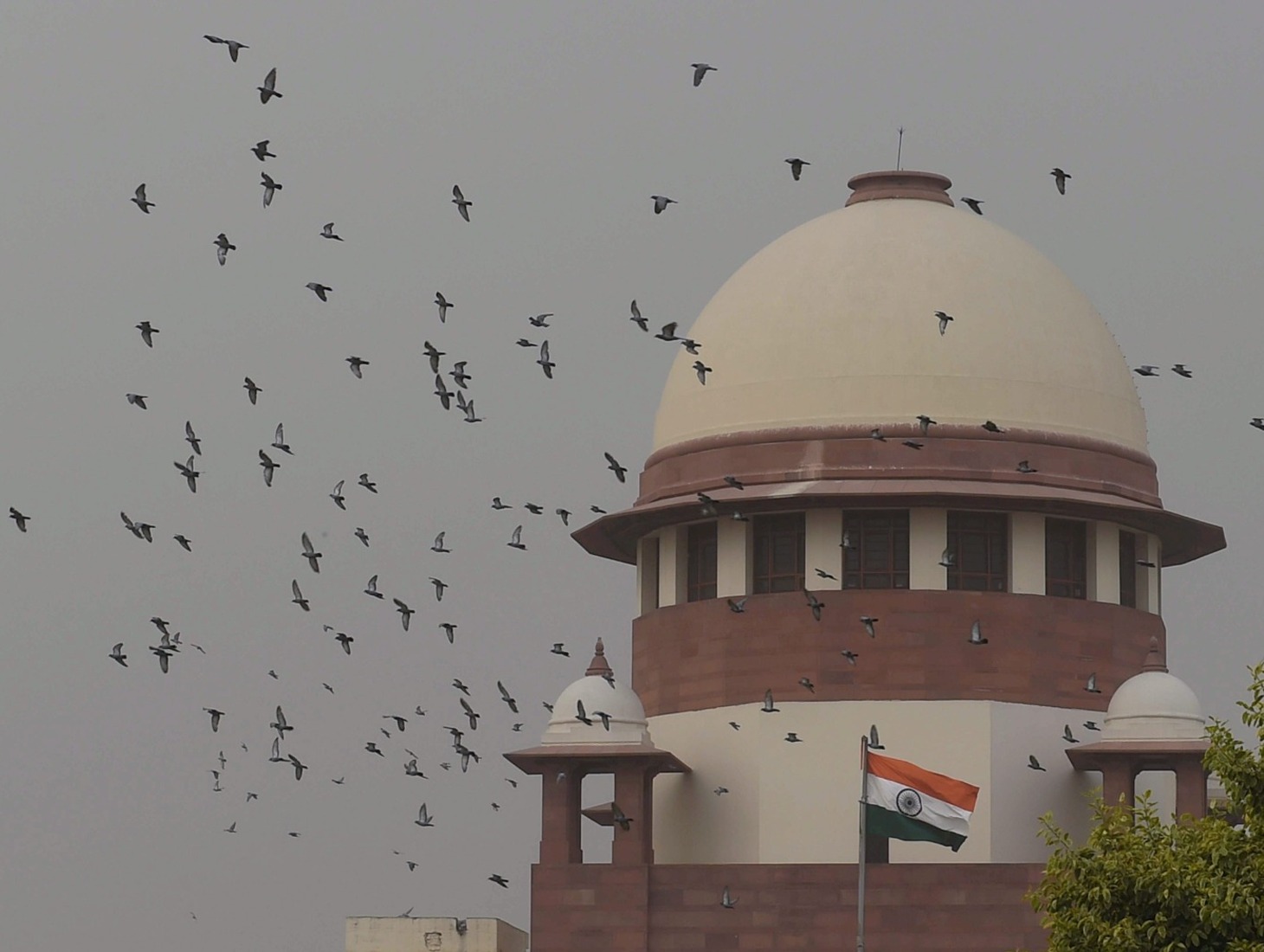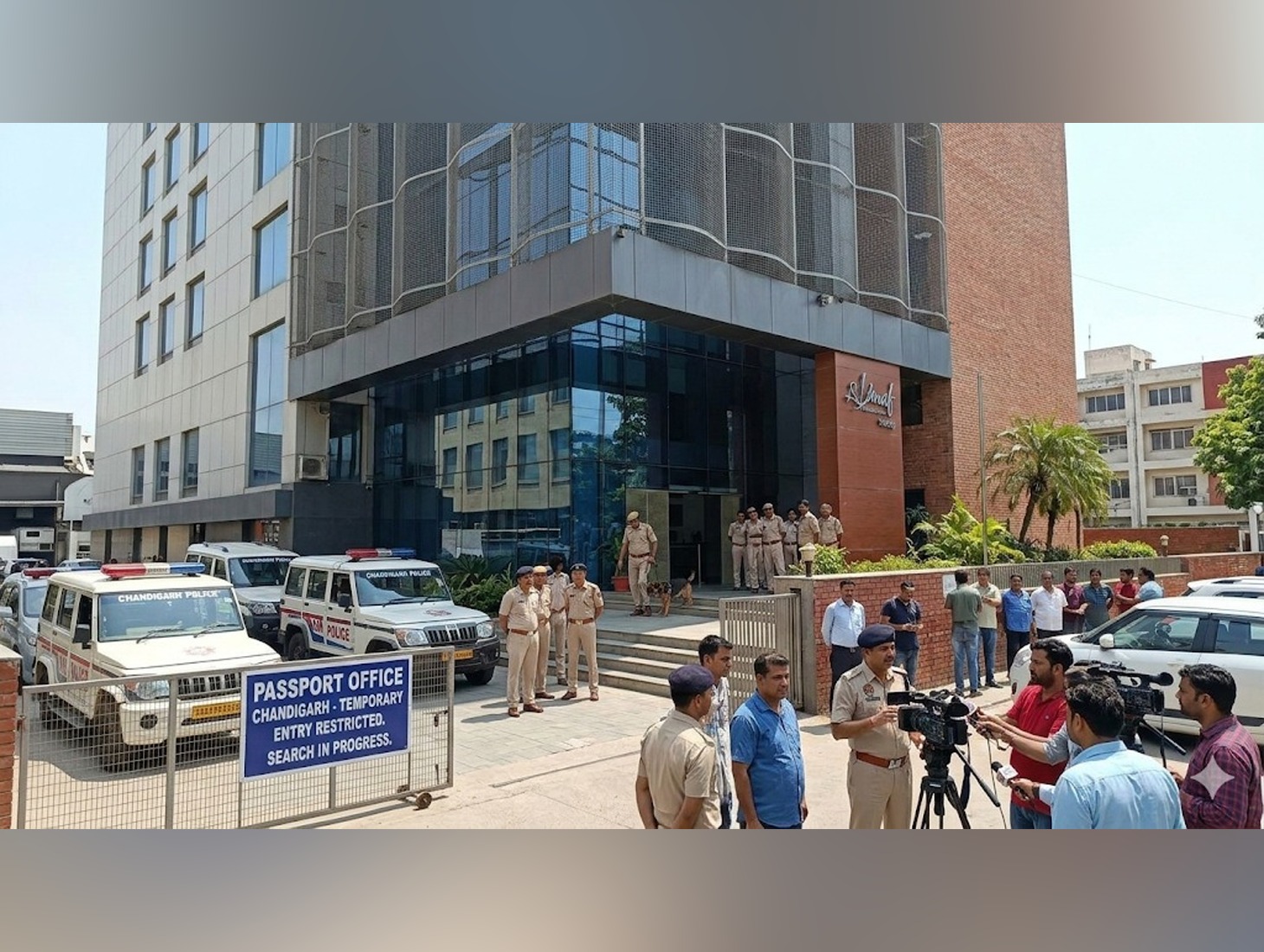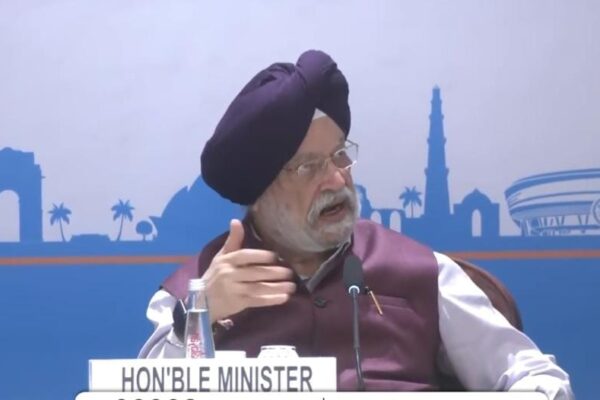North News
New Delhi, January 28
Prime Minister Narendra Modi on Tuesday underscored India’s immense potential for the live concert economy, citing the success of Coldplay’s concerts in Mumbai and Ahmedabad as prime examples. Speaking at the Make in Odisha Conclave 2025 in Bhubaneswar, Modi highlighted the growing demand for live events, driven by India’s rich cultural heritage in music, dance, and storytelling, alongside a young and vibrant concert-going audience. He called on both the private sector and state governments to focus on developing infrastructure and skills required to support this expanding sector, including event management, artist development, security, and other essential services.
Modi also mentioned the upcoming World Audio Visual and Entertainment Summit (WAVES), which India will host for the first time next month, as an example of the country’s rising influence in the global entertainment industry. He praised Odisha’s potential to host such events, which not only bolster tourism but also create job opportunities across sectors.
The Prime Minister spoke of India’s rapid economic ascent, emphasizing that the country was on track to become the world’s third-largest economy. He noted that the expansion of India’s manufacturing sector, along with an innovative service industry, were key pillars of this progress. Modi stressed that India’s economic transformation was moving away from an over-reliance on raw material exports and was shifting towards value-added industries. He highlighted that this shift was already evident in industries such as seafood processing, where India is focusing on bringing production back to the country.
In addition, Modi emphasized India’s focus on green technologies, including solar, wind, and hydrogen energy. He pointed out that Odisha, with its natural resources, had significant potential in these areas. He announced several national-level initiatives to promote green energy and hydrogen production and highlighted Odisha’s role in driving this agenda.
The Prime Minister also lauded the state’s economic diversification across sectors such as food processing, petrochemicals, IT, textiles, and green energy. He mentioned the state’s ongoing infrastructure developments, including dedicated industrial parks and investment regions in Paradip and Gopalpur, which would help attract more investment in these sectors.
Modi urged the country to build resilient and self-sufficient supply chains to minimize the impact of global disruptions. He noted that India’s reliance on fragmented, import-based supply chains must end, and that both the government and industries must collaborate to build strong domestic value chains. He also called on industries to support small businesses, startups, and research initiatives, encouraging innovation and skill development to support India’s growing economy.
In his address, Modi emphasized the importance of Odisha as a hub for India’s cultural tourism. He pointed to the state’s rich heritage and diverse landscapes, from forests and mountains to its 500-kilometer coastline, as key attractions for eco-tourism and adventure tourism. He highlighted that Odisha had played a central role in cultural events such as the G-20 summit, with its historic landmarks like the Konark Sun Temple gaining global recognition.
Finally, Modi reiterated that India’s future lay in a combination of sustainable development, innovation, and collaboration. He praised Odisha for its leadership in embracing modern infrastructure and creating opportunities for the youth, which he believes will drive the state to new heights of development and prosperity.


